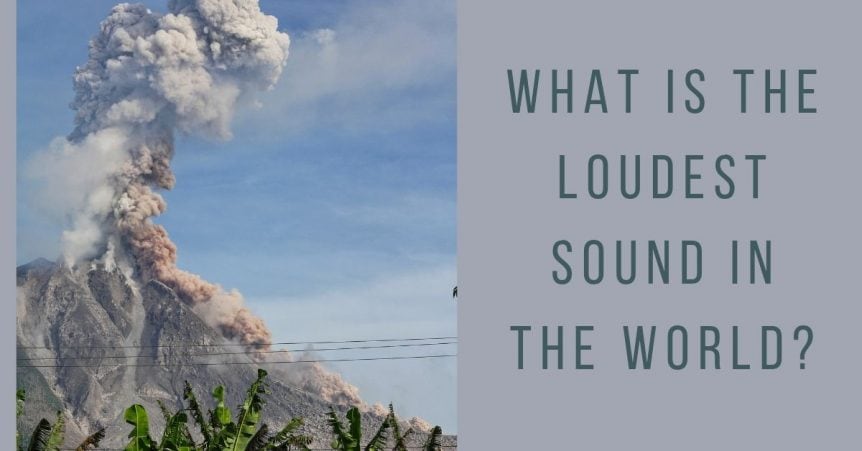- The Emotional Journey of Accepting Hearing Loss - October 25, 2024
- Making a Style Statement with Hearing Aids This Fall - October 15, 2024
- Fireplace Safety and Hearing aids - October 4, 2024
Loud sounds can damage your hearing, and the louder the sounds you’re exposed to, the faster you’ll lose your hearing. While it’s not hard to recognize that extremely loud sounds will damage your hearing health, we often don’t realize the constant strain our ears experience due to the noises of daily city life such as traffic, heavy machinery, the construction site down the street, or the neighbor’s barking dog or sputtering lawnmower.
Noise Induced Hearing Loss
When you’re exposed to loud noises each and every day, you will start to experience the wear and tear on your ears. Your ears need to be in quiet places in order to rest, but when we’re constantly exposed to sounds that are too loud, our ears don’t get the time they need to rest, and the cells in your ear will become damaged. Noise induced hearing loss (NIHL) is caused by exposure to very loud sounds that damage the delicate cells in the inner ear, and leave you straining to follow conversations or hear in places with background noise.
Sounds That Will Damage Your Hearing
Sounds are measured in decibels (dB), and the higher the number, the louder the sound. Sounds under 85 decibels, like the sound of normal conversation (60 dB), background music (70 dB), or the air conditioner (80 dB) are all safe sounds. Sounds louder than 85 dB will damage your hearing, and as the decibels increase, you’ll have less time before you experience hearing loss.
Sounds that will damage your hearing include heavy traffic, which is roughly 90 dB. Your vacuum cleaner, blender, and lawnmower are all around 100 dB, and a school dance at your child’s school can be up to 110 dB! Other extremely loud sounds include rock concerts and sports events (120 dB), fireworks (140 dB), and firearms at close range (150dB).
Sounds over 120 dB will cause physical pain in the ear, and this is usually accompanied by hearing loss. Have you ever left a concert with your ears ringing, or felt like all the sounds around you were muffled? Sounds of 120 dB or more can cause temporary or permanent hearing loss as well as an aching in the ear or even a sharp pain. Very loud sounds, like the sound of a gunshot, can cause immediate and permanent hearing loss.
Personal Listening Devices
Another sound that could be damaging your hearing is the music you stream from your iPod, smartphone, laptop, or radio. We often listen to music to drown out all the background noise around us, and as the background sounds get louder, we keep turning up the volume. With the volume on maximum, most smartphones can reach 110 dB! Listening to music with earbuds is even more damaging, as all this sound is pointed right at our eardrums and the delicate cells of the inner ear. Rates of hearing loss among teenagers and young adults are on the rise due to the overuse of personal listening devices at these unsafe levels.
The Loudest Sound in the World
Among the loudest sounds in the world are race cars and space shuttle launches. In the animal kingdom, the Blue Whale has an extremely loud call that’s 180 dB, and can be heard for miles and miles underwater. The loudest sounds ever recorded include earthquakes and volcanic eruptions, while the loudest sound ever heard in the world (300 dB) was measured in Russia during a massive explosion caused by a meteor.
Protecting Your Hearing Health
If you’re exposed to a lot of very loud sounds, it’s important to protect your hearing. Whenever you’re at a sports event or music concert, pop in a pair of foam or wax earplugs, and encourage your friends to do the same. On your commute to work keep the windows up, and avoid the temptation to crank up the radio. When it comes to your morning workout with earbuds in, be mindful of the volume you choose, and be sure you give your ears a break from time to time.
Ready to do the right thing for your hearing health? Visit us today at New Leaf Hearing Clinic for a comprehensive hearing test, and find out more about the sounds that could be harming your hearing.

